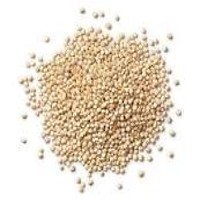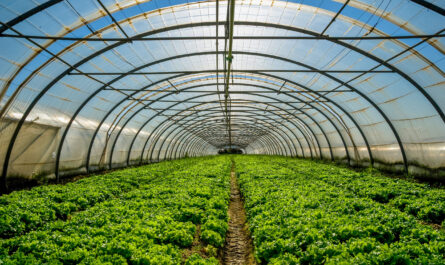Introduction to Agricultural Biology
Agricultural biology is an interdisciplinary field that incorporates various aspects of biology and applies them to agricultural practices. It involves studying how living organisms function and interact within agricultural systems. The goal of agricultural biology is to advance our understanding of biological processes that affect crop and livestock production to support more sustainable and productive agriculture.
Plant Physiology and Crop Improvement
One major area within agricultural biology is plant physiology. Scientists in this discipline study how plants grow and develop at the molecular, cellular and whole plant levels. They examine important plant functions like photosynthesis, respiration, nutrient uptake and transport. Understanding plant physiology enables scientists to develop crop varieties with increased yields, greater stress tolerance and higher nutritional value. New breeding techniques leveraging advances in genetics and genomics are allowing for more precise crop improvement. This helps farmers grow hardier, more productive crops able to withstand biotic and abiotic stresses.
Soil Biology and Management
The soil is a complex living ecosystem that sustains crop growth. Soil biologists investigate the enormous diversity of microorganisms like bacteria, fungi and protozoa that inhabit the soil. They study the roles of these organisms in nutrient cycling, decomposition of organic matter, suppression of plant pathogens and stimulation of plant immunity. Understanding soil biology permits better soil management practices to optimize nutrient availability, reduce use of chemical fertilizers and enhance soil health and quality. This has significant impacts on agricultural sustainability and environmental protection.
Entomology and Pest Control
Insect pests and pathogens pose major threats to crop yields worldwide. Entomologists affiliated with Agricultural Biology monitor insect populations and study insect taxonomy, life cycles, habitats and plant-insect interactions. They develop integrated pest management strategies through biological, cultural, physical and chemical control methods to minimize pest damage. New biopesticides based on microbiology are helping replace conventional pesticides. Genetic improvement of host plant resistance is another environment-friendly approach for controlling agricultural pests.
Livestock Physiology and Animal Production
In the livestock sector, agricultural biologists focus on animal nutrition, reproduction, health, welfare and behavior. They analyze nutrient requirements and digestive physiology of various livestock. Studies on animal genetics and breeding aim to select stock with favorable economic traits like growth rate, feed efficiency, milk production and disease resistance. Understanding animal stress reduces productivity losses. Advances in reproductive technologies boost output while limiting environmental footprint of livestock operations. Overall, applying biological principles aids sustainable intensification of animal agriculture.
Advancing Agricultural Sustainability
By delving deeper into agricultural systems from a biological science perspective, new opportunities are emerging for more sustainable and resilient food production. Reduced dependence on non-renewable inputs, improved resource use efficiency, optimizednutrient cycling and enhanced ecosystem services are helping transition agriculture to a greener path. Molecular techniques now facilitate marker-assisted selection and biotechnological improvements to crops. Novel insights from various ‘omics disciplines including genomics, proteomics, metabolomics and microbiomics promise further advances. Interdisciplinary research integrating biological knowledge with economics, engineering, informatics, policy and social aspects will drive the continued evolution of agriculture.




